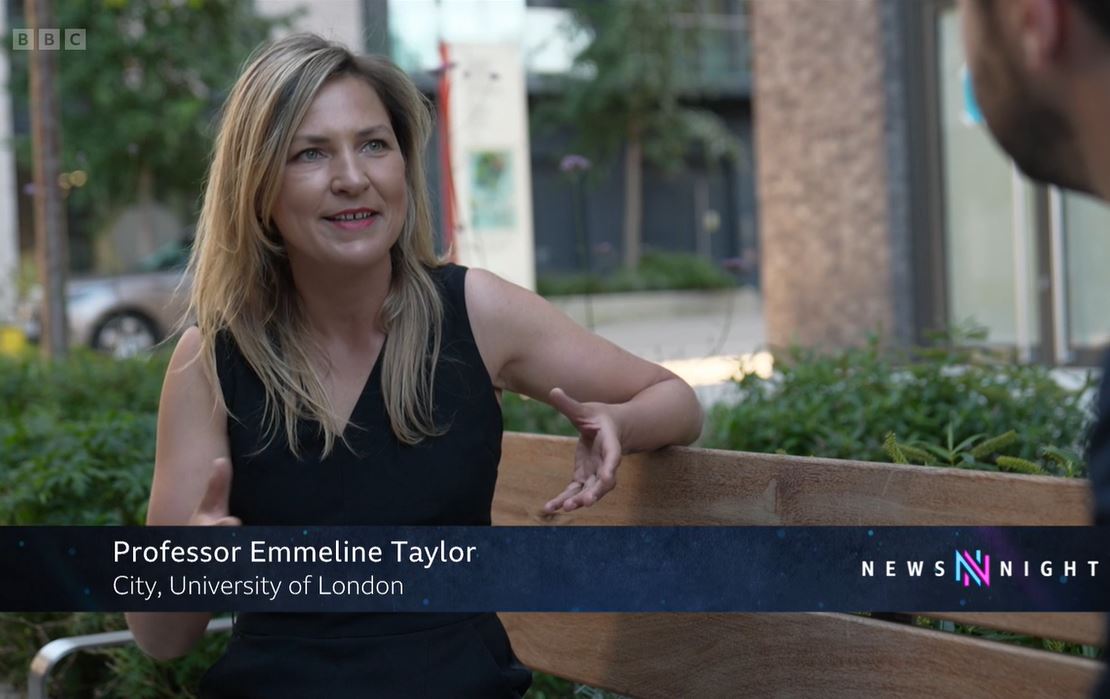Professor of Criminology comments on increase in museum crime and motivations behind stealing.
Failure to apprehend perpetrators early on is leading to an exponential rise in museum thefts, according to Emmeline Taylor, Professor of Criminology at City, University of London.
The sacking of a staff member over missing treasures from the British Museum has shone a light on the true extent of the problem of artefact theft. Speaking as part of a special report on BBC Newsnight, Professor Taylor said the most targeted items were not generally those on show.
“A very, very small percentage of museum items are actually on display with alarms and cabinets,” she said.
“However, when they’re in storage there is a vulnerability that sets in.”
Professor Taylor, an expert in the psychology of criminal activity, added that although a lot of robbery of this nature is financially motivated, access also plays a major part.
“The financial aspect is going to register highly, but for some it is simply about opportunity. They realise how easy it is to steal something – usually starting small and getting larger. If they’re not apprehended early it can escalate quickly.
“There is also an ideological argument as well that suggests thieves justify their behaviour by saying these items of antiquity have already been stolen anyway.”
In a separate piece for BBC News, Professor Taylor cites three likely origins of staff museum theft as individuals taking on the role with intention to steal, learning how to access items over time with the trust of colleagues, and being persuaded to steal by external actors.
Despite many auction houses refusing to sell items known to have been stolen, with due diligence and searches tightening, many items that are stolen to sell are still escaping the net due to the speed at which thieves and crime syndicates work. Professor Taylor describes it as a “race against time” to get stolen goods sold on or out of the country.
Professor Taylor teaches on the BSc Criminology course at City, which provides students with a thorough knowledge of the criminal justice system. Find out more about the course and apply through Clearing.




